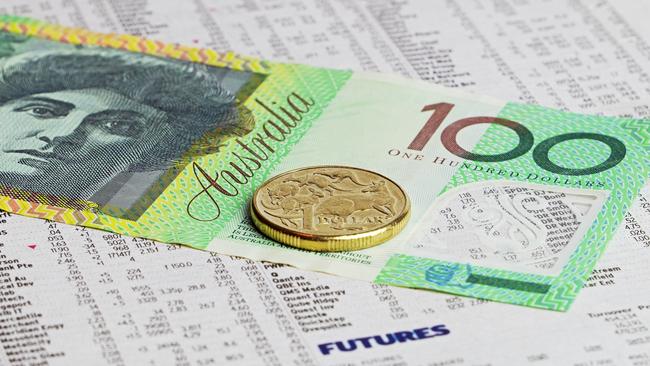
Though the government’s Retirement Income Review offered little perspective on the health of the Self Managed Super Fund sector - which is used by more 1.1 million Australians - the arrival of the review will almost certainly reduce the amount of money flowing into big super funds annually.
The review’s announcement that higher superannuation guarantee contributions would lead to lower wage growth, though highly contestable, will be sufficient for the government to freeze Super Guarantee Contributions close to current levels of 9.5 per cent per annum.
Industry funds have had a strong run in the wake of the Hayne Royal Commission which revealed major failings at rival so-called retail funds, such as AMP.
But an almost certain freeze on the mandatory inflows into big super now looks likely to coincide with a rebound in SMSF sector thanks to several factors:
Growth in SMSF commencements is rising again after a period of decline. The total number of funds (averaging 2.2 members each) grew from 574,141 to 593,375 over the past year.
The number of members that can join a single fund is to be increased from four to six following a recent deal in the Senate.
The dispute over costs of both commencing and running a SMSF fund should finally be put to rest following a new report from the Rice Warner Group (commissioned by Self Managed Super Funds Association). The report says fees for funds with $200,000 or more are competitive with industry and retail funds, while SMSFs with more than $250,000 are the “cheapest alternative” provided the trustees undertake some of the administration.
SMSF fees have been falling over the past seven years. SMSF fees are also fixed which means they diminish as superannuation balances grow in contrast to bigger super funds that might charge a percentage fee.
A potential softening of an anti-SMSF bias in Canberra as regulators move to soften the language on warnings for those commencing new funds. Following the release of new figures for SMSF activity, actuary Michael Rice has warned the high-profile Moneysmart website would now have to amend its briefing notes on SMSFs. (Moneysmart is the public information site run by the Australian Securities and Investments Commission). ASIC still tells the public an SMSF takes 100 hours a year to operate, that it costs $6152 a year to run and “on average SMSFs have not beaten bigger funds”. Although the Rice Warner report says from $250,000 upwards SMSFs are the cheapest alternative, the Moneysmart website only tells superannuation shoppers that “if your balance is more than $500,000 it is possible you may get returns that are competitive with bigger funds”.
Although a freeze on the Superannuation Guarantee Charge will mean a reduction in the money that would have flowed into big funds it is unlikely to be relevant to SMSF operators who are more likely to top up annual pre-tax (concessionary) contributions to the maximum allowed amount of $25,000 per annum.
Meanwhile, a negative development for the sector has been the identification of very wealthy users of the SMSF system by the review.
According to Treasury, there are 11,000 people with more than $5m in the super system entitled to tax protection.
Though the number of High Net Worth superannuants is a fraction, the issue has done damage to the reputation of the wider SMSF sector.




A golden era for industry super funds might be coming to an end as a series of key developments in superannuation shine light on improved prospects for Self Managed Super Funds.